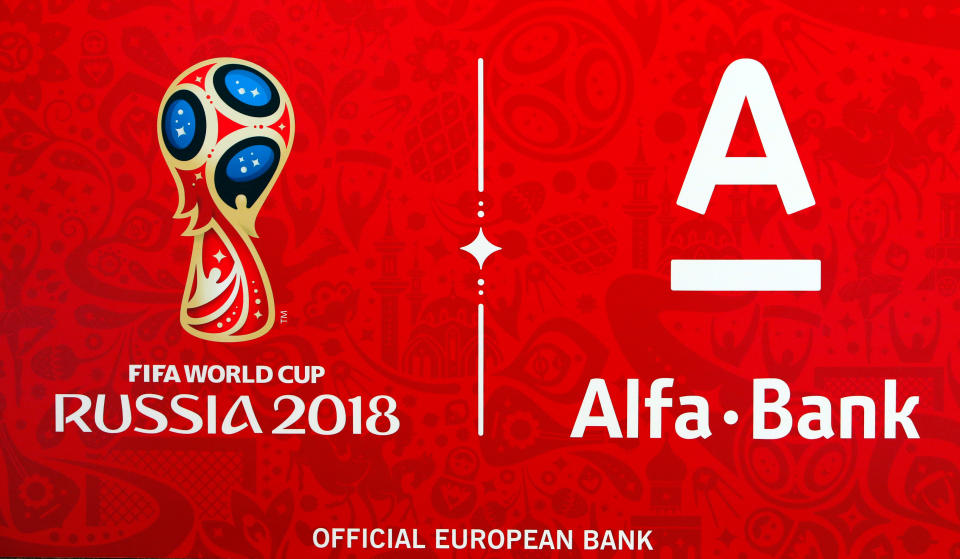2018 World Cup will benefit sanctioned Putin pals
As was the case with the 2014 Sochi Olympics, businessmen linked to Russian President Vladimir Putin are cashing in on the upcoming World Cup.
Bloomberg reports that 13 “Russian individuals and firms with World Cup ties have been included on the U.S. Treasury’s Specially Designated Nationals and Blocked Persons List … over the past four years.” Forbes reports that six Russian oligarchs “control the companies that collected nearly $7 billion to construct or repair facilities and transportation infrastructure” in the run-up to the mega event, which will run from June 14 to July 15.

U.S. sanctions have been imposed related to Russia’s 2014 military intervention in Ukraine as well as Kremlin interference in the 2016 US presidential election. Assets of sanctioned individuals or companies are blocked, and U.S.-based parties are not allowed to do business with them.

‘Will support FIFA on all ticketing sales’
Putin has made a habit of rewarding friends who are sanctioned because of Kremlin foreign policy.
Bloomberg notes that World Cup beneficiaries also include “eight powerful Russian oligarchs who, while not sanctioned to date, were included on a list that the U.S. Treasury released in January 2018 of potential targets for restrictions under a 2017 law.”
One of those oligarchs is Russian billionaire Mikhail Fridman, who is worth an estimated $14 billion. A recent Moody’s report highlighted Russian grocery chain O’Key — the parent company of which is owned by Fridman — will benefit from increased consumer spending and an influx of tourists for the World Cup.
The report said the “increase in consumer spending” will “provide much-needed relief to food retailers’ quarterly results” as sales growth had been “close to zero or negative” for “food retail companies because of slowing food inflation and contracted disposable income.” Grocery chains have many stores in key host cities, such as Moscow and St. Petersburg, and stand to gain the most. X5 Retail Group, the parent company of O’Key, is the country’s biggest food retailer in terms of sales.

Fridman is also the owner of Alfa Group, which owns Alfa Bank, the country’s seventh-largest such institution. Alfa Bank is a sponsor of the World Cup and will provide banking services to fans, support FIFA’s ticketing sale, and advertise on billboards during matches.
Alfa Bank’s business links with Russian defense companies came under scrutiny when the new U.S. sanctions law went into effect. Fridman has since moved to phase out those links to minimize the risk of sanctions.
READ MORE: Legalized sports gambling could be a boon for huge credit-card banks
